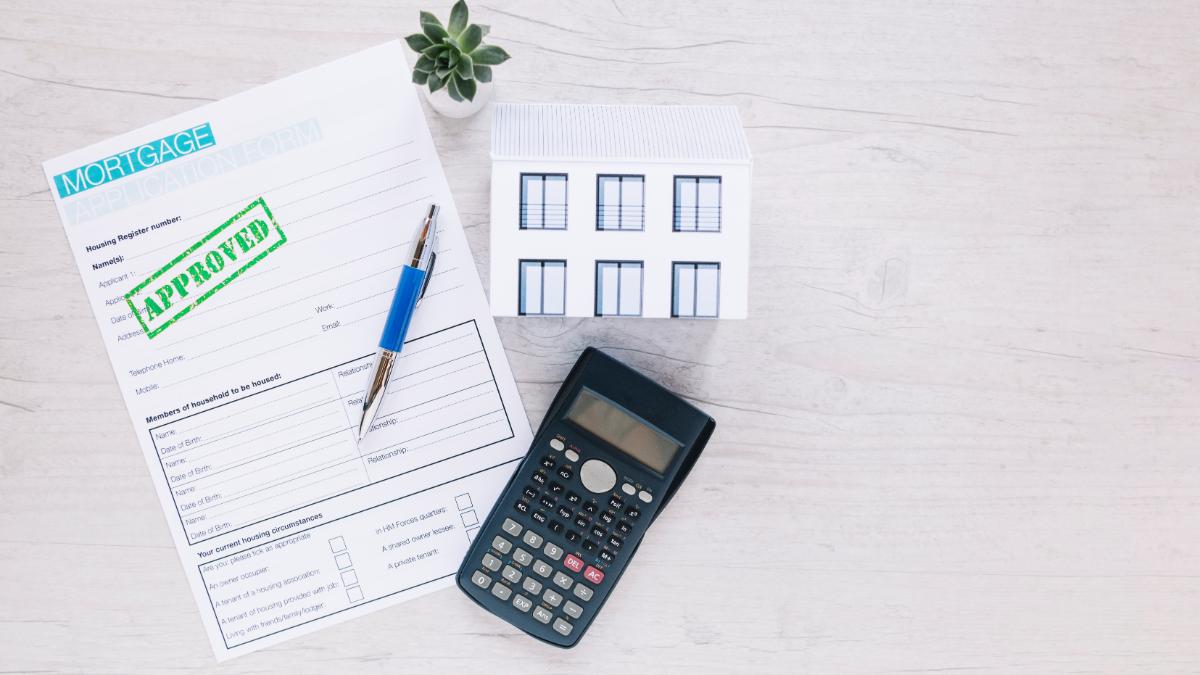How to Pick a Good Conveyancer: Essential Tips & Expert Advice
When buying or selling property in Australia, a reliable conveyancer is crucial for a stress-free and secure transaction. A conveyancer is a legal professional specializing in property law, also known as a property lawyer or a property solicitor. Their role is to safeguard your interests throughout the conveyancing process, from handling legal paperwork to ensuring a clear title on your property. This protects you from any unforeseen issues that could arise after the sale or purchase — which is why understanding conveyancer roles early on can dramatically reduce risks.
What Is a Conveyancer and Why Do You Need One?
Role and Responsibilities of a Conveyancer
A skilled conveyancer will handle a variety of tasks to ensure a smooth property transaction, including:
- Drafting and reviewing contracts of sale: They will ensure the sale and purchase agreement accurately reflects the terms of the transaction and protects your rights.
- Conducting property title searches: This involves uncovering any potential issues with the property's ownership history, such as outstanding debts, easements, or restrictive covenants that could impact your future use or enjoyment of the property.
- Liaising with all parties involved: This includes communication with estate agents, mortgage lenders, surveyors, and other professionals involved in the transaction.
- Calculating and paying stamp duty and other property taxes: Conveyancers ensure all necessary taxes are paid accurately and on time to avoid delays or penalties.
- Transferring ownership of the property: This involves liaising with the Land Titles Office to ensure the property ownership is legally transferred to you upon purchase.
For many first-time property buyers, learning about fees buyers and sellers pay during conveyancing can help them avoid budget surprises and plan more effectively.
The Impact of a Conveyancer on Your Property Transaction
A skilled conveyancer can significantly impact your property transaction by:
- Identifying and resolving potential problems before they delay the sale or purchase: Their experience helps them anticipate potential issues and take proactive steps to address them before they cause delays or complications.
- Protecting your legal rights and financial interests throughout the process: They ensure the contracts are legally sound and safeguard your financial interests throughout the transaction.
- Providing clear and timely communication, keeping you informed of progress: A good conveyancer will regularly update you on the status of your transaction and answer any questions you may have in a clear and understandable way.
- Offering peace of mind by ensuring a smooth and successful property transaction: With a qualified conveyancer handling the legal aspects, you can focus on the exciting parts of moving or selling your property.
Key Qualities of a Good Conveyancer
Expertise and Experience in Property Law
Look for a conveyancer who specializes in property law in your state or territory. Local expertise is especially useful when choosing a conveyancer, as state and territory requirements can differ, affecting timelines, fees, and compliance.
Communication Skills and Client Feedback
A good conveyancer should be able to explain complex legal matters in a clear and concise way that is easy for you to understand. They should also be patient and willing to answer your questions throughout the process. Look for online reviews and testimonials from past clients to get a sense of their communication style and the quality of service they provide.
.png)
Steps to Choosing the Right Conveyancer
How to Research and Compare Conveyancers
- Seek recommendations: Ask friends, family, real estate agents, or mortgage brokers for recommendations on reputable conveyancers in your area.
- Conveyancers licence check allows you to search for qualified conveyancers in your city or suburb based on their area of expertise, experience, and client reviews.
- Compare quotes: Get quotes from several conveyancers to compare their fees and the services they offer. Be sure to ask about any additional costs that may not be included in their initial quote.
Questions to Ask Before Hiring a Conveyancer
- What is your experience with handling transactions similar to mine? This will help you gauge their expertise in dealing with your specific property type and transaction complexity.
- What fees do you charge, and are there any additional costs I should be aware of? Get a clear breakdown of their fees, including any fixed fees, hourly rates, and potential disbursements for things like title searches or government charges.
- How will you keep me informed about the progress of my transaction? Discuss their preferred communication method (email, phone calls) and how often you can expect updates.
- What is your availability if I have questions? Ensure they are accessible and responsive to your inquiries throughout the process.
- Do you offer electronic conveyancing? E-conveyancing uses online platforms to streamline the process, potentially saving time and money.
If you're unsure about which professional to trust, it may be helpful to find a property lawyer who can review your contract or provide additional guidance.
Common Mistakes to Avoid When Selecting a Conveyancer
Overlooking Credentials and References
- Always verify qualifications: Ensure your chosen conveyancer is a qualified solicitor or a licensed conveyancer in your state or territory. Law societies and relevant regulatory bodies maintain online registers for verification.
- Check online reviews and testimonials: Look for reviews from past clients to get a sense of their experience with the conveyancer.
Ignoring Signs of Poor Communication
- Pay attention to communication style during consultations: If they seem rushed, dismissive of your questions, or lack clarity in their explanations, consider it a warning sign.
- Unresponsive communication: A conveyancer who takes a long time to respond to your emails or calls might not be the best fit for a smooth transaction.
.png)
FAQs about Tips to Pick a Good Conveyancer
Q: What qualifications should a good conveyancer have?
A good conveyancer should be a qualified solicitor or a licensed conveyancer in your state or territory. You can verify their qualifications through the relevant law society or regulatory body.
Q: How much should I expect to pay for a conveyancer?
Fees can vary depending on the complexity of the transaction, the conveyancer's experience, and your location. It's important to get quotes from several conveyancers to compare their fees and ensure transparency.
Q: Can I do conveyancing myself or do I need a professional?
While it's technically possible to handle conveyancing yourself, property transactions involve legal complexities and potential risks. A qualified conveyancer mitigates these risks and ensures a smooth process, protecting your investment.
Q: What are the signs of a bad conveyancer?
Red flags include a lack of experience in your state, poor communication skills, unclear fee structures, and negative client reviews.
Conclusion
Choosing the right conveyancer is an investment in the security and smoothness of your property transaction. By following these tips, asking the right questions, and considering local conveyancers, you can ensure you find a qualified professional who will guide you through the process with expertise and clear communication. Remember, a reputable conveyancer brings peace of mind and legal protection to your property purchase or sale.

LegalFinda Editorial Team
The LegalFinda Editorial Team is composed of qualified Australian solicitors, legal researchers, and content editors with experience across family, property, criminal, and employment law.
The team’s mission is to translate complex legislation into clear, reliable guidance that helps everyday Australians understand their legal rights and connect with the right lawyer.



.png)